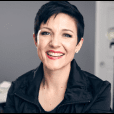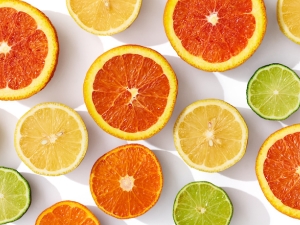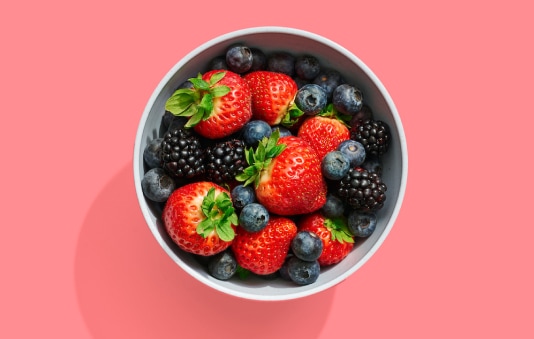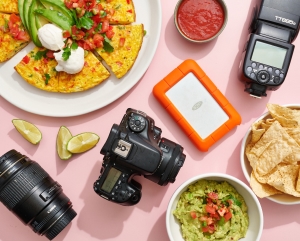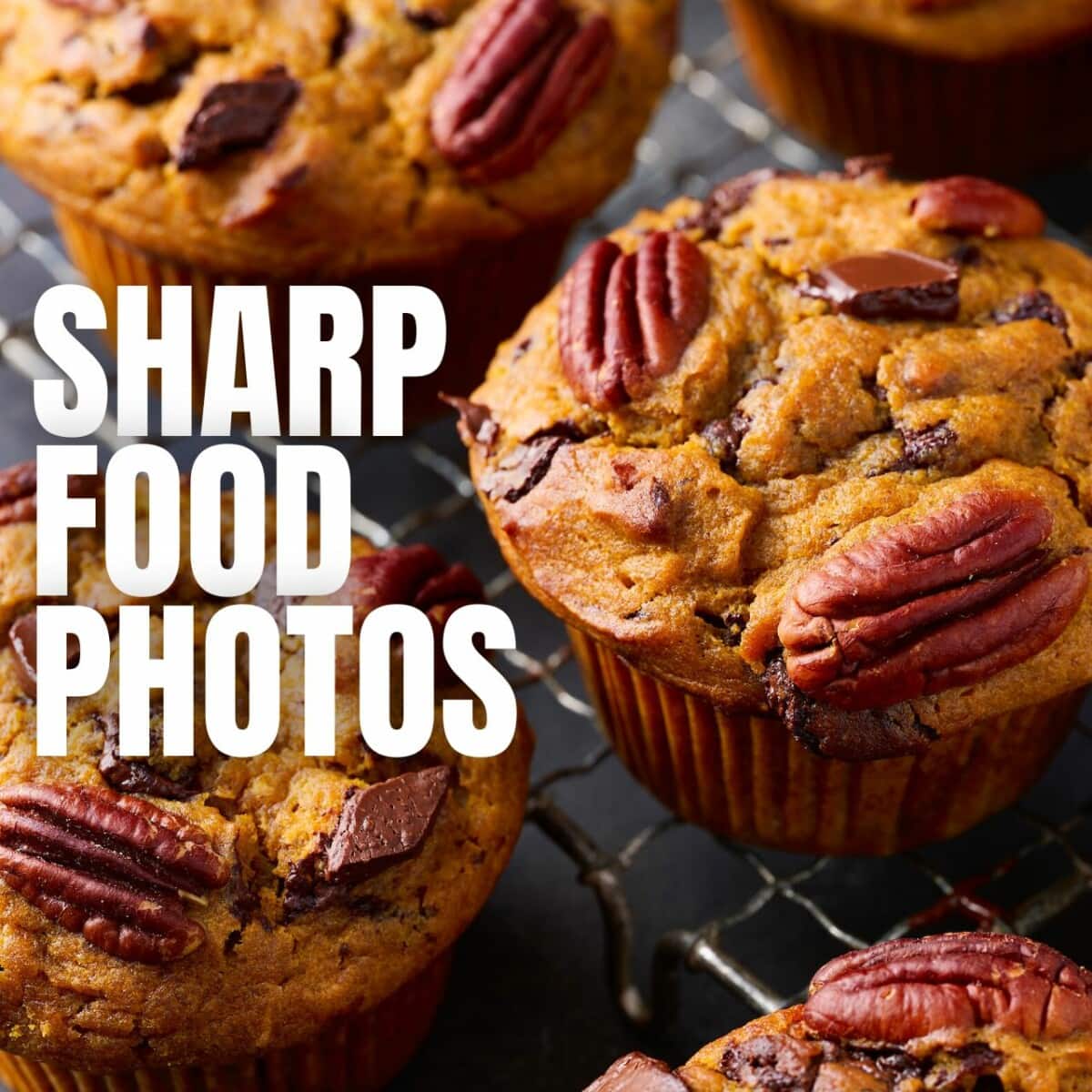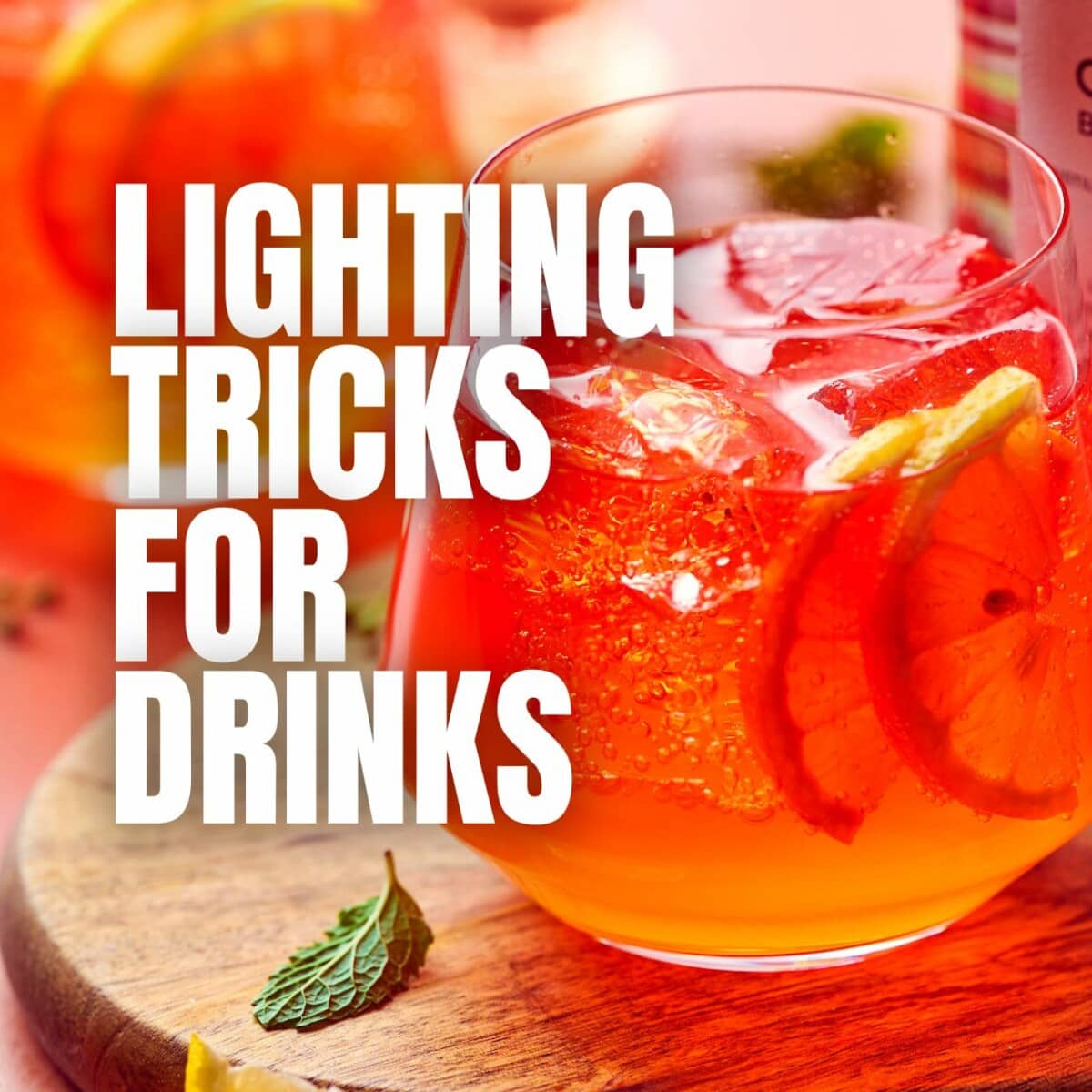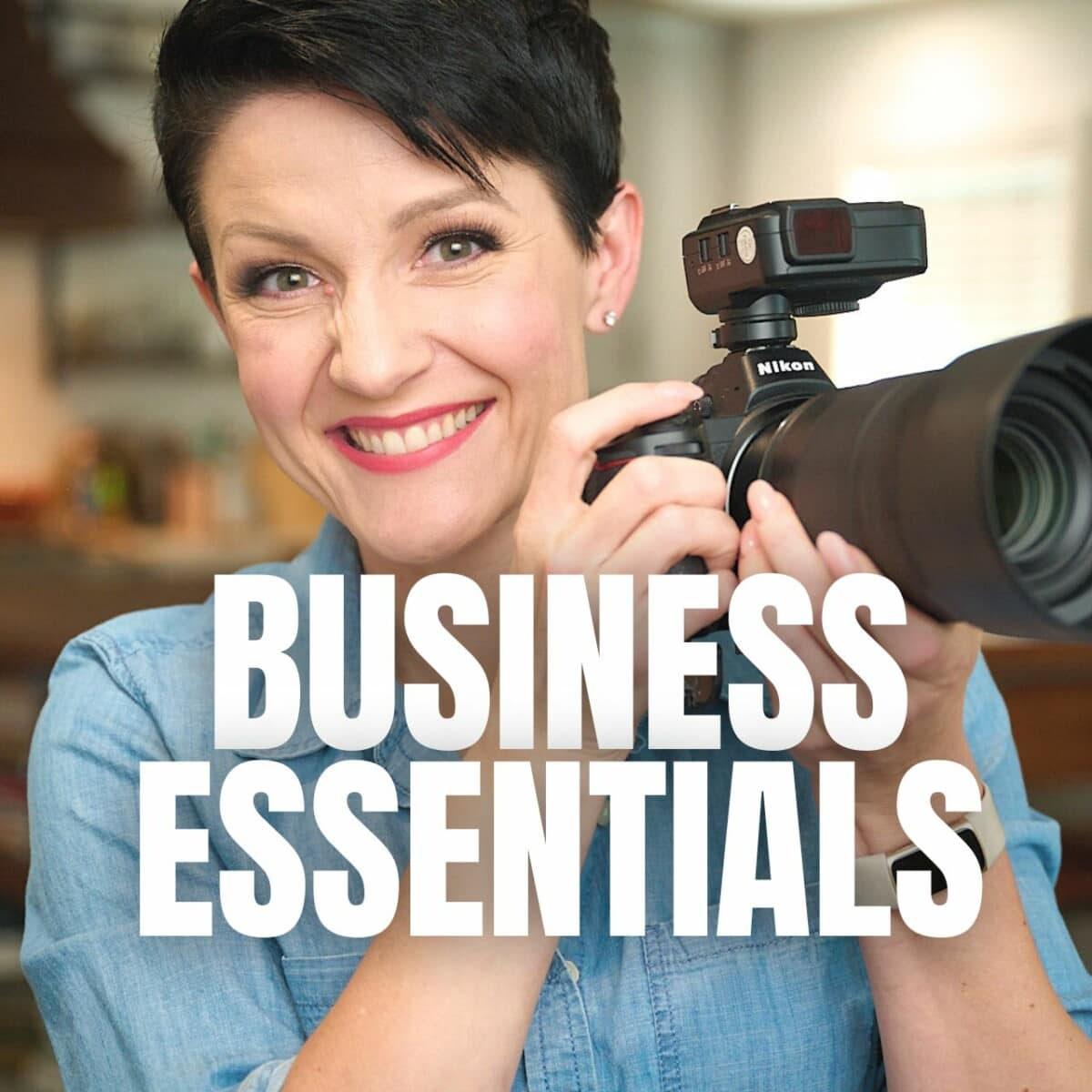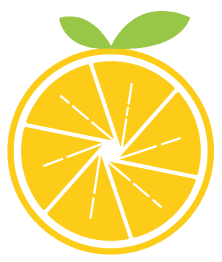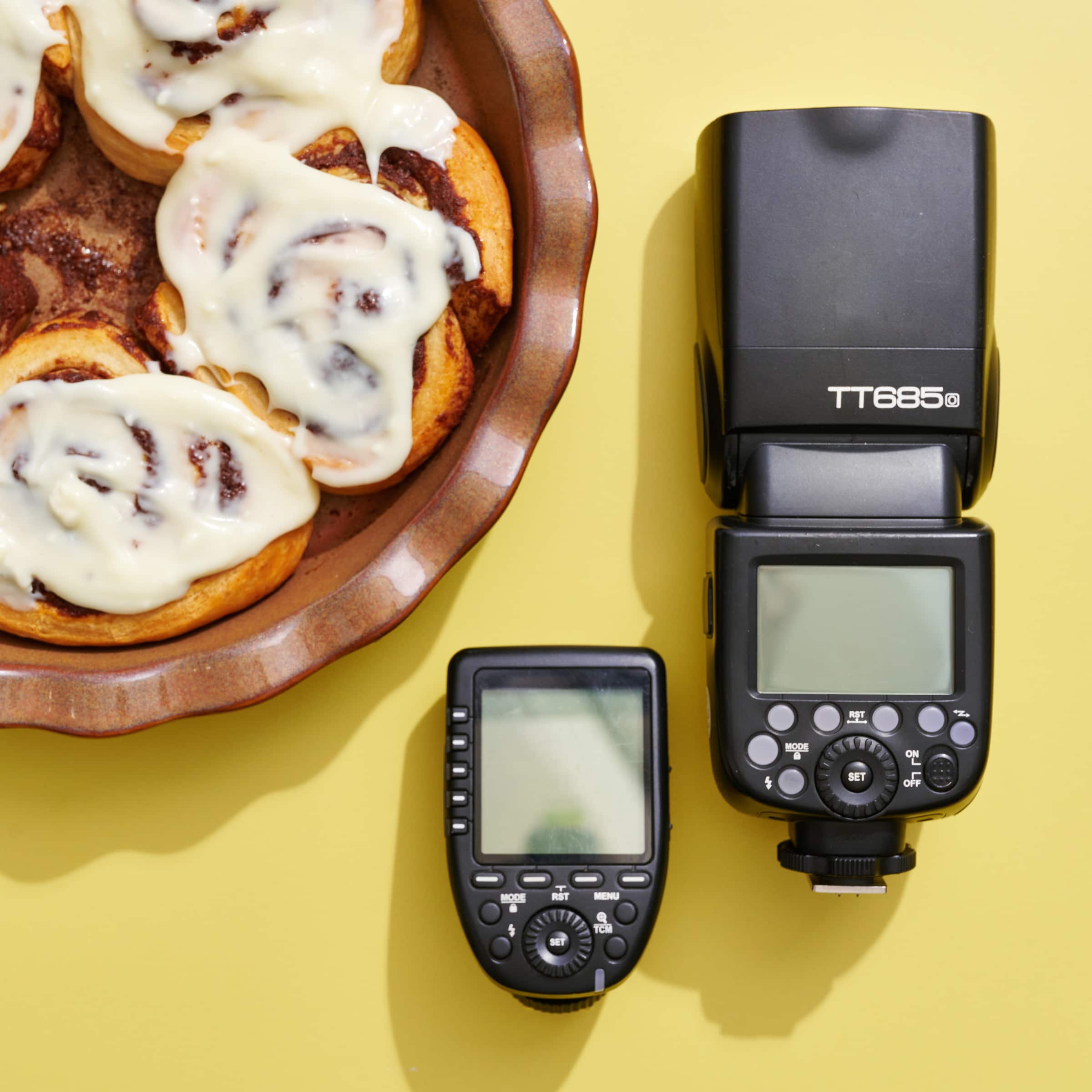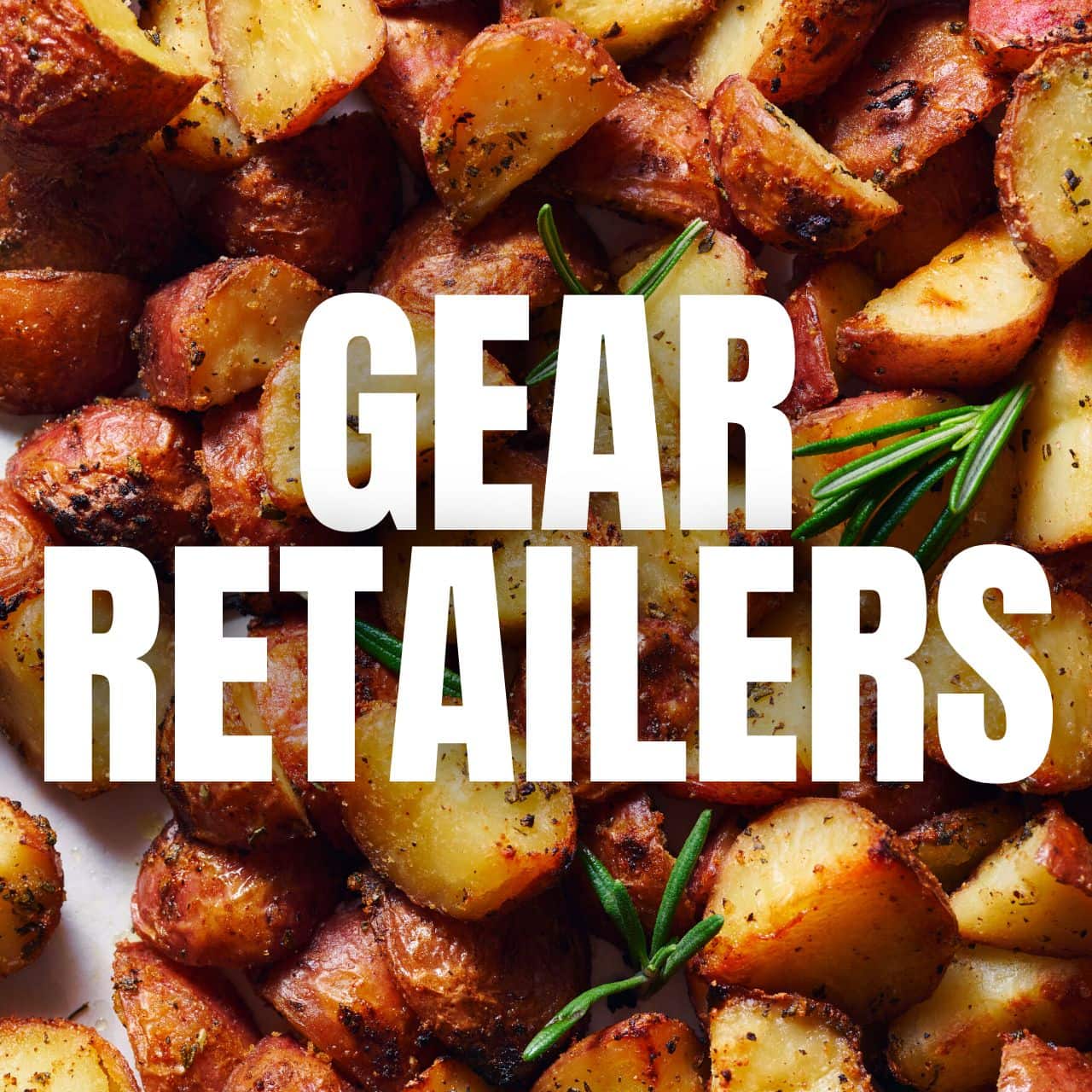*reposted from an e-mail sent to our subscriber list on 12/31/21
I was asked two questions recently that required some extra thought and couldn’t be summed up in a short answer. They’re important questions for us creative people and I decided writing about them was better than filming a YouTube video where I might end up rambling on.
However, this e-mail is definitely going to win the prize for highest word count of any e-mail I’ve ever sent. Yes, TL:DR, but we’re going for depth here.
“Can you discuss the challenges you had to face in order to become a professional photographer?”
“Sometimes I don’t know where to start, I feel lost. What should I do on days like these?”
These two questions are connected.
Immediately when I read “Can you discuss the challenges you had to face in order to become a professional photographer?” I thought, “the biggest challenge was (and still is) ME!”
It was about a year into doing paid work as a photographer (a year after I quit my day job). I was on the phone with a client and I was calling to let her know that I was not going to be doing their photography anymore. I was letting go of my client work to focus on supporting my husband’s business. Something seemingly more stable.
The client’s response: “You’re making a mistake.”
Maybe she said that because we had a good thing going and now she had to find another person to do the company’s photography. But also I think she saw something I didn’t see in myself at the time. She saw me as a professional and someone with something uniquely valuable to offer. Nonetheless, I walked away from all of my clients.
Reflecting on that time, why did I feel like quitting was the right move? What motivated that decision and what was I feeling?
I felt lost. I couldn’t see where I was going and I was not okay with the uncertainty.
Who was the model for me to follow?
What does “being a professional photographer” look like?
Am I doing the things I’m supposed to be doing?
Am I doing it the right way?
What’s the next step?
I only knew a few professional photographers. There was the guy with the big studio who had shot my senior portraits when I was in high school. And there was the woman who was our wedding photographer. But me with my entry-level camera shooting food on my kitchen table and running around local restaurants. That didn’t feel like “being a professional.”
Earlier this week I was listening to Conan O’Brien interview Kieran Culkin about his career in acting. He grew up in show business and acted in some of my favorite films including Cider House Rules, Father of the Bride, and Igby Goes Down.
He shared (paraphrasing) that he didn’t feel like he was an actor until he was 36, years after those films. That up to that point he questioned if he was really actually “doing it or not” after decades of amazing, professional work.
“You just think there’s gonna be a clear moment when you go, “oh now I know what acting is and I’m going to go do it” because otherwise until then I felt like an imposter.”
That’s where I was at when I was on the phone with that client. I couldn’t see how far I had actually come in my journey as a professional photographer.
Fast Forward: After letting go of all of my clients and then discovering that working with my husband was NOT going to be a great career path (he’s my soulmate, the love of my life, but we’re not meant to be business partners) one constant remained. I still had the compulsion to pick up the camera. I still had the need to create. I continued to fill my social media with food photos. I created recipe posts on my blog that only a handful of people read (thanks Mom <3). I created videos.
During that period I still lacked confidence, but there was a shift in my comfort level with uncertainty. I remember having a conversation with a friend, sharing that I felt like I was in a season of wandering and trusting that doing the work would lead me where I was supposed to go. I had hope. For me, stepping away from working as a photographer only to find myself back behind the camera was a dose of assurance. And though it didn’t make sense and I didn’t have a clear roadmap of how to make it work and felt super insecure about my skills, I had to trust that this was where I was supposed to be.
During that wandering phase, in retrospect, I was unintentionally building a portfolio based on personal work and self-assignments. As any professional photographer will tell you, it’s your personal work and test shoots that help you find opportunities for paid work.
As I continued to sharpen my skills and share my photography online, despite my previous trepidation, I bumped into opportunities and started taking clients again. I started rebuilding a business from one job to the next and gaining experience and confidence along the way. I was still unsure, insecure, worried, fearful, unclear, but I kept showing up anyway.
“And you may choose to make the leap to be a professional, to have a practice. To show up when the muse isn’t there, to show up if you don’t feel like it.” – Seth Godin from his book The Practice
I’ve been busy this month working with a wonderful client shooting her cookbook. This is the sixth cookbook I’ve shot, but the first one where I haven’t once questioned my role as the photographer or my ability to do the work. Sure, nerves are still there, and that never goes away. But, I’m confident in a way that I haven’t been before. Like Kieran Culkin at 36, I looked around on set and realized, “Oh, I’m doing it!”
That feeling is thanks to the years of doing the work even when I didn’t feel like it. It’s shooting five cookbooks without feeling fully confident. The second one especially. I was a wreck.
It’s trying to photograph a wine glass for the first time and tearing my hair out trying to learn how to manage reflections.
It’s taking jobs that seemed bigger and scarier than I was ready for.
It’s taking different kinds of jobs to explore the kind of work I like doing (and the kind I never want to do again).
How do you become a professional? Do the work. What to do when you feel lost? Do the work.
But, in practical terms, if you need something to get you moving forward if you feel stuck, here are a few worthwhile investments of time I’ve found helpful:
Take some pictures of something. Anything. They don’t have to be amazing photos. Remember, not every image is meant to be a masterpiece. Post them. Share them. They’re not perfect and that’s fine. You’re your own worst critic and everyone else is much more preoccupied with their own stuff to overanalyze yours.
Try out a different genre of photography. Capture pets, people, landscapes, flowers, cars, buildings, the birds outside. These things will help you look at food differently.
Seek out a mentor doing the kind of photography you think you want to do. Having someone with an inside track on the particulars of what you’re going through and who can serve as a model can be invaluable. You can also get in contact with your photography association and local photography clubs and see if they offer mentorship programs.
Read a book about photography. Get curious about something you don’t understand. Wrestle with it. Get good and frustrated and then let the rush of emotions wash over you when you finally do figure it out. It might take a while. Longer than you’d like. That’s good. Anything worth doing isn’t easy. Take some pictures. Once again, share them. Sharing the work puts you on the hook and that’s important for growth.
Participate in a photography challenge that someone is hosting. Or better yet, start your own photography challenge with some other photographers. Leadership can change your life.
Find someone who wants to learn photography and teach them what you know. Even if you know just a little. You have something valuable to share. Teaching is the greatest way to learn. The four years I’ve logged on YouTube are a testament to that.
Show up. Shoot. Share. Repeat.
The act of showing up and continuing down a path you’ve committed to will lead somewhere, and quite possibly somewhere you never expected. There doesn’t need to be a fancy studio (unless that’s what you like) or an endless supply of props. “Professional” isn’t tied to the size of the budget or the client, or how many clients, where you’re shooting, what camera you’re using, if you’re shooting with a team or going solo, what software you use to edit photos, or how the photos are being used. What matters is trusting the process.
It’s gonna be messy. I know, I wish it wasn’t. But like in food photography, if you’re not making a mess, you’re not doing it right. And even if you walk away at some point in the journey, the door is never fully closed. There’s plenty of work to be had now and for years into the future. Never before in the history of the world has there been so much demand for the creativity that only you can offer. And we’ve only seen the tip of the iceberg.
I’m so thankful to be on this journey together.
Onward and upward,
Joanie


